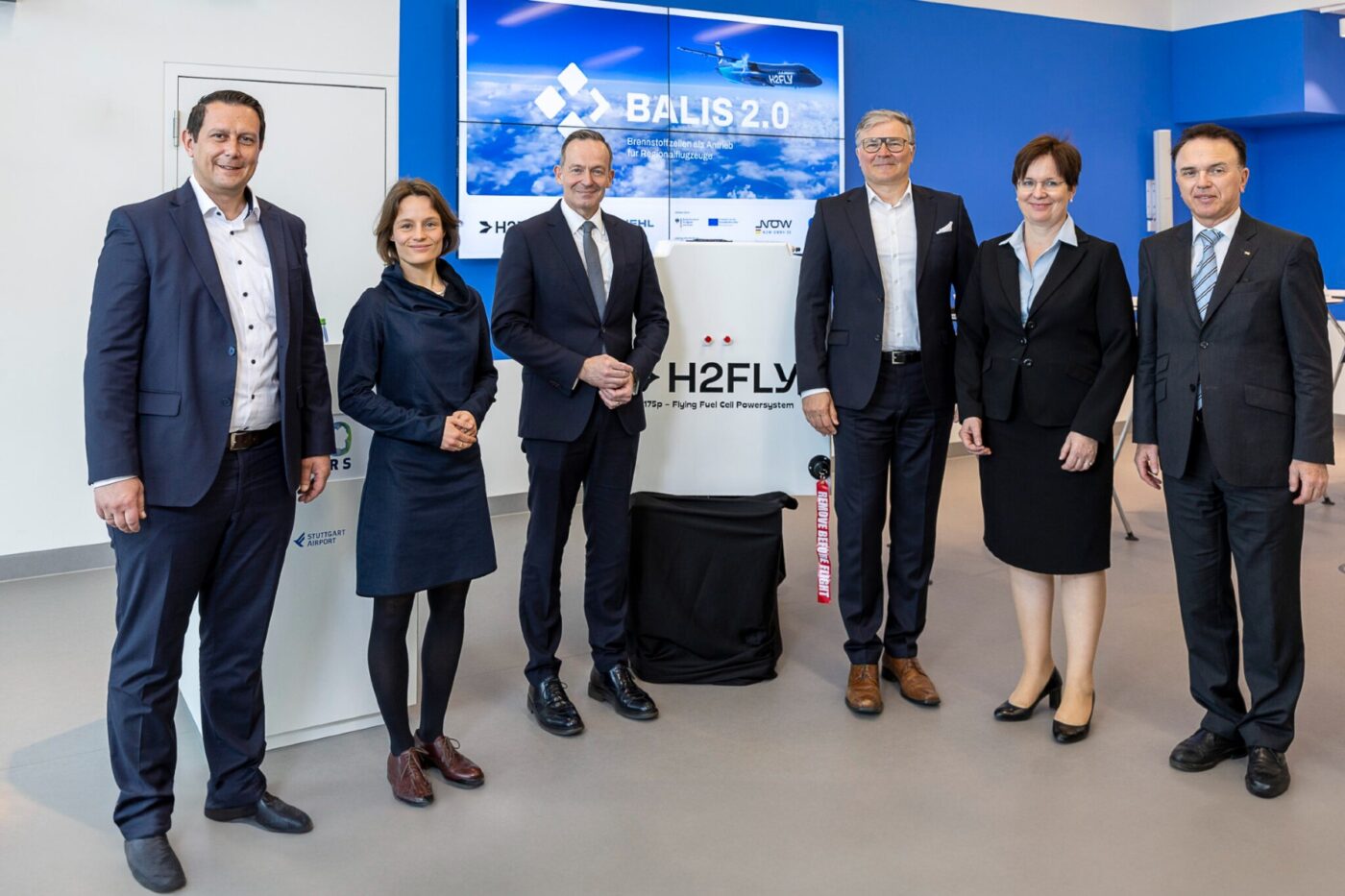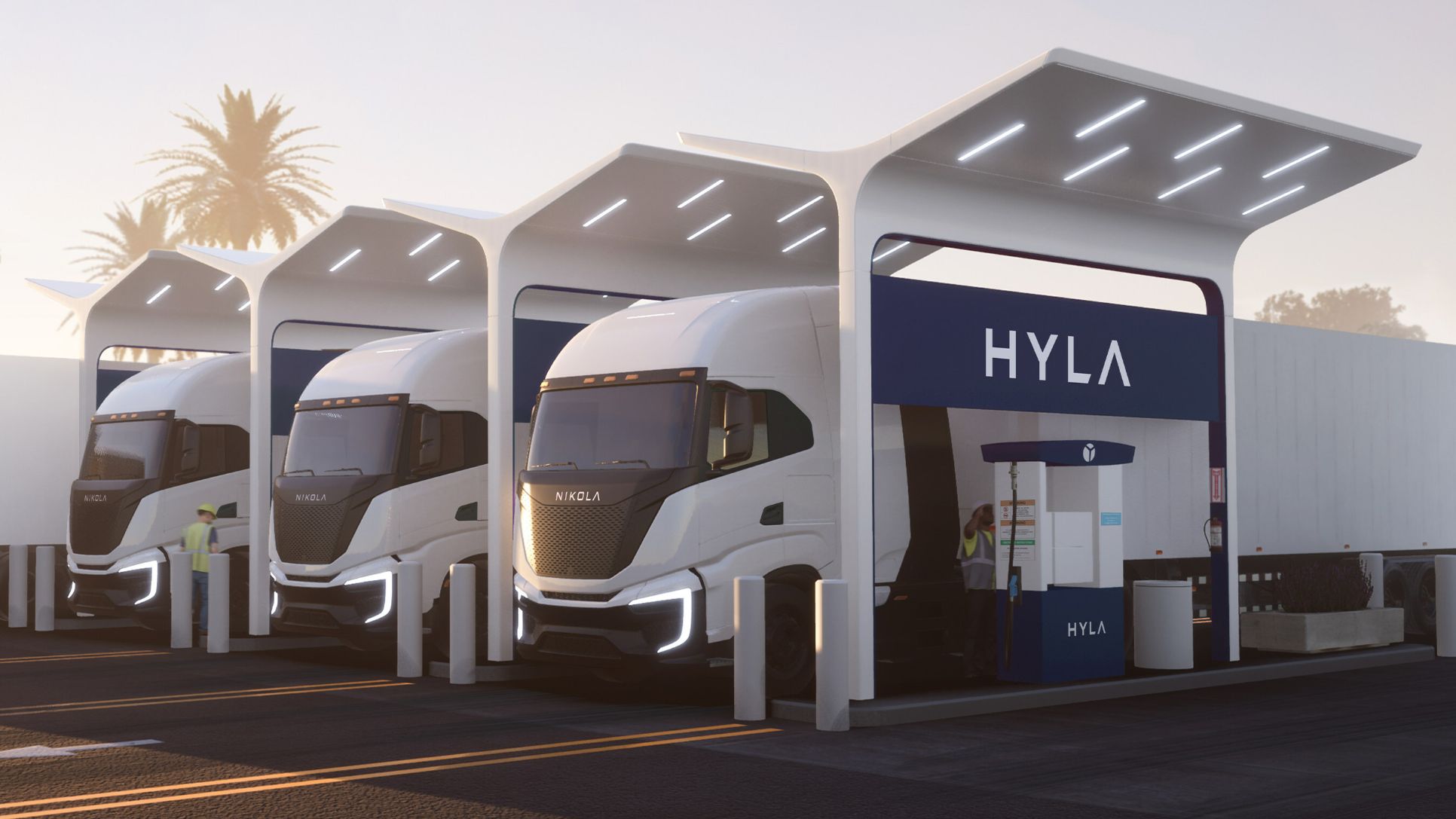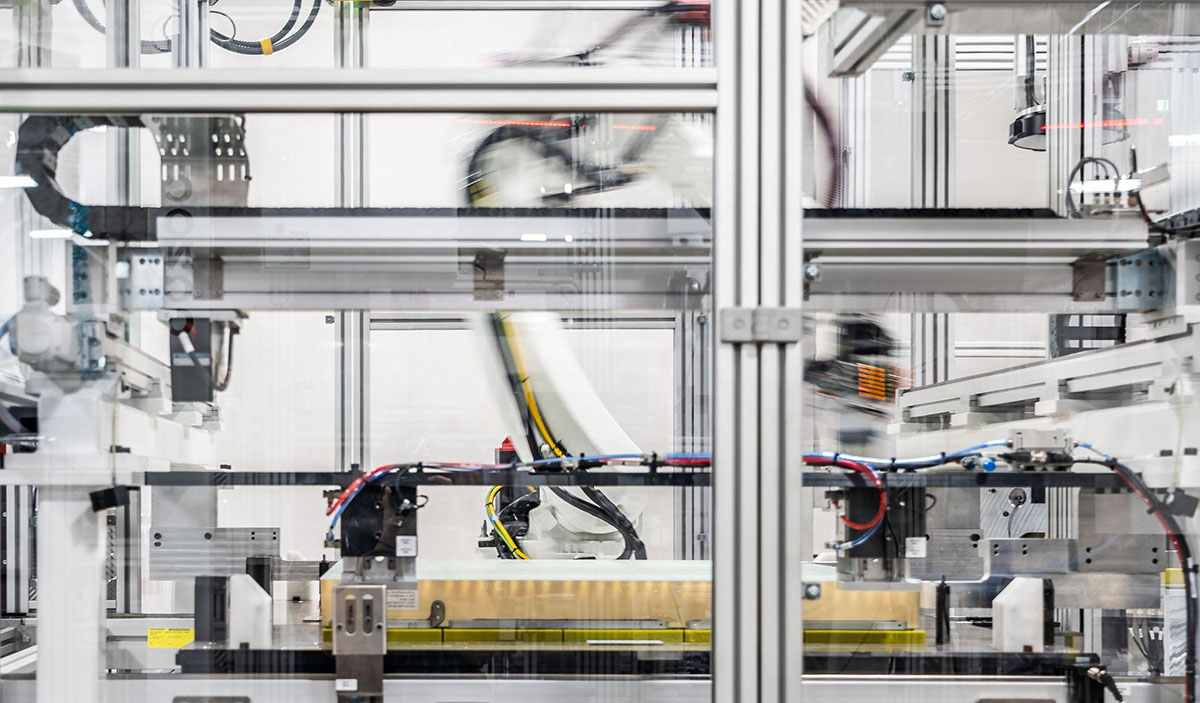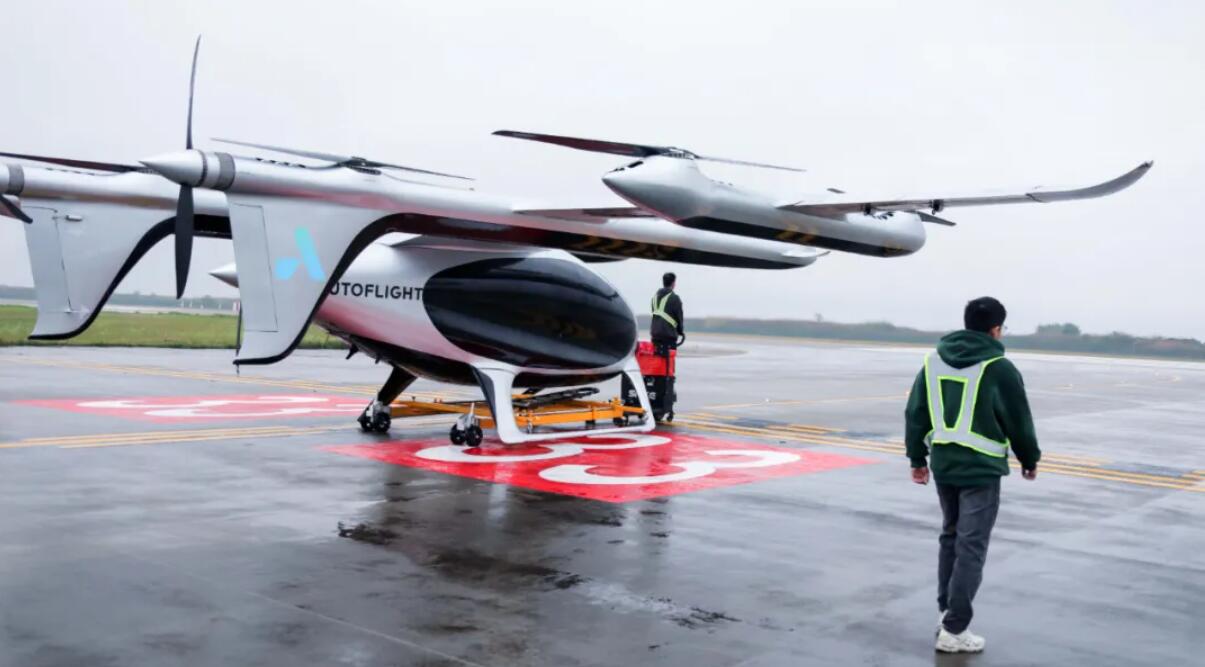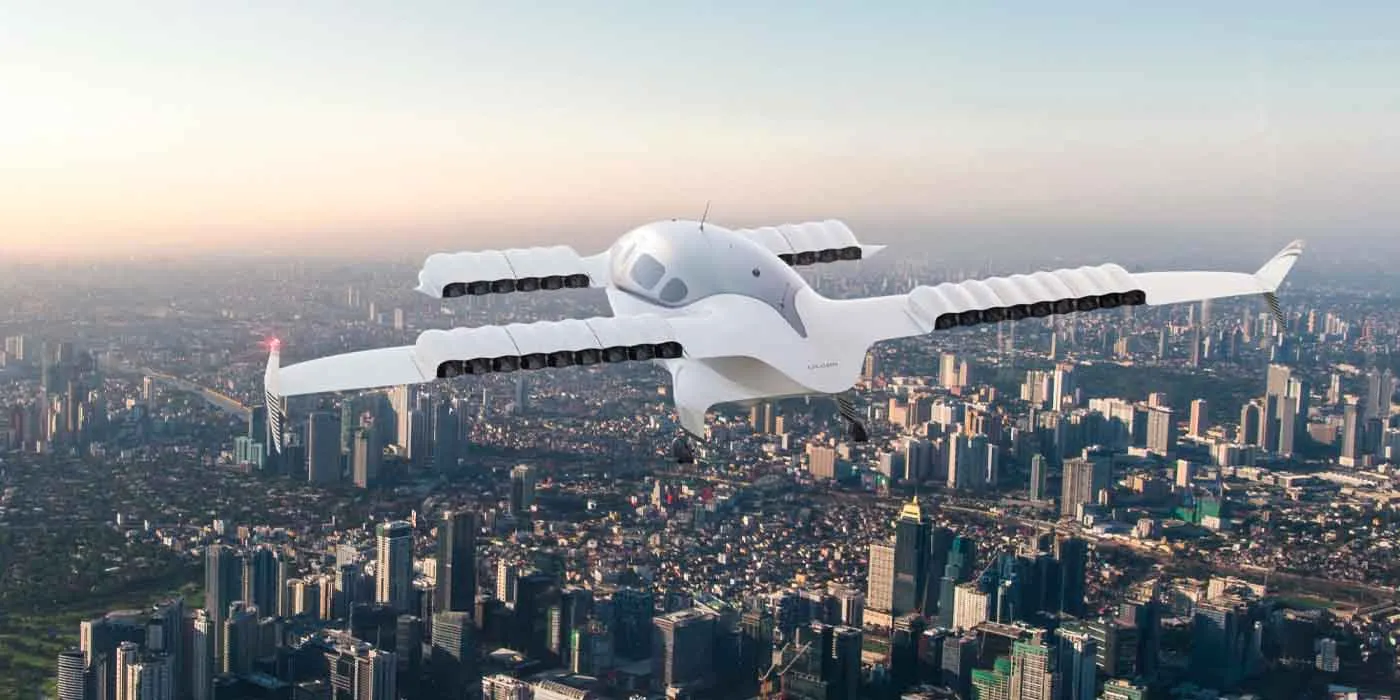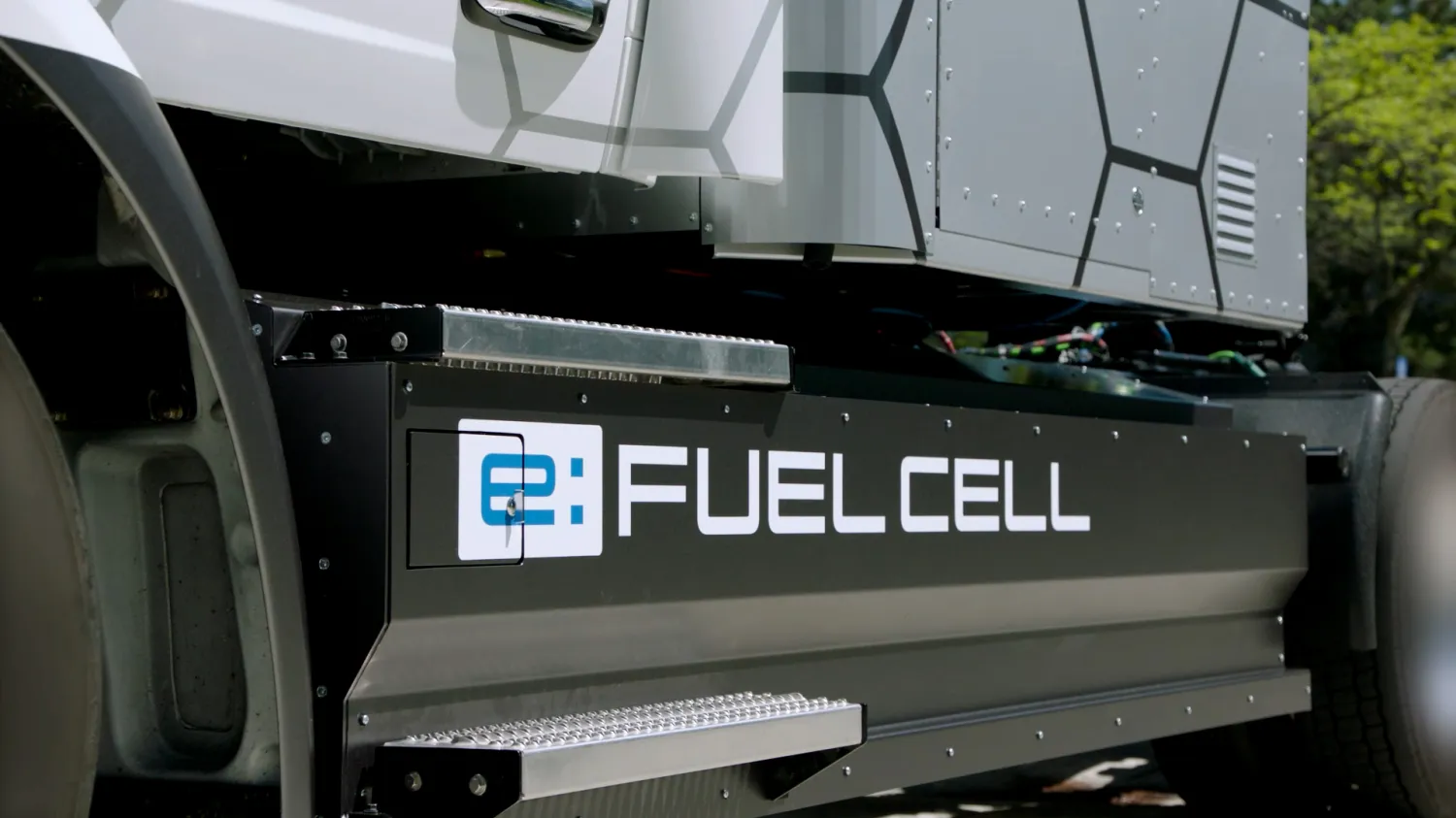In the BALIS 2.0 research and development project, a team led by H2FLY is spearheading efforts to create a fundamental fuel cell module for hydrogen-powered aviation, a crucial step toward realizing hydrogen-fueled regional aircraft with 40 to 80 seats.
The federally funded BALIS 2.0 project, slated to run until 2026, is the successor to the BALIS project launched in early 2021, led by the DLR Institute of Technical Thermodynamics, which focused on fuel cell systems with an output of approximately 1.5 megawatts. The German Aerospace Centre (DLR) laid the groundwork for a test field at the Empfingen Innovation Campus in the northern Black Forest in 2021 to develop and test fuel cell drives for various modes of transport, particularly aircraft.
H2FLY, a Stuttgart-based company specializing in hydrogen fuel cell systems for aircraft, is now leading BALIS 2.0, with DLR and Diehl Aerospace as cooperation partners. The primary objective is to develop and test an aviation-compatible fuel cell module generating 350 kW, which will serve as the foundation for future megawatt propulsion systems. This technology could power commercial regional aircraft with 40 to 80 seats, offering zero-emission flights.
Ground tests for the 350 kW fuel cell system are scheduled for 2025. The DLR test field in Empfingen, expected to commence operations this year, and H2FLY’s home airport in Stuttgart are central to the project. H2FLY is responsible for the fuel cell system’s development and setup, while DLR studies the coupling behavior of fuel cell systems in the megawatt-class range and optimizes overall system operation. Diehl Aerospace is advancing its platform technology for efficient coupling and scaling of fuel cell systems. The Federal Ministry for Digital and Transport Affairs is funding the project with around 9.3 million euros.
German Federal Transport Minister Dr. Volker Wissing stated, “I am very proud that Germany is playing a pioneering role in developing hydrogen fuel cell systems for commercial aviation. This creates the technical foundation for marketable solutions for tomorrow’s CO2-neutral flying. Companies and research institutions, like those in the BALIS 2.0 project consortium, are leading the way with great expertise and a pioneering spirit.”
Prof. Dr. Josef Kallo, co-founder and CEO of H2FLY, commented, “Federal funding for BALIS 2.0 demonstrates the growing significance of hydrogen fuel cell systems as a viable solution for clean aviation. The project insights will propel the development of megawatt-class powertrains, significantly accelerating the transition to sustainable, zero-emission flight.”

